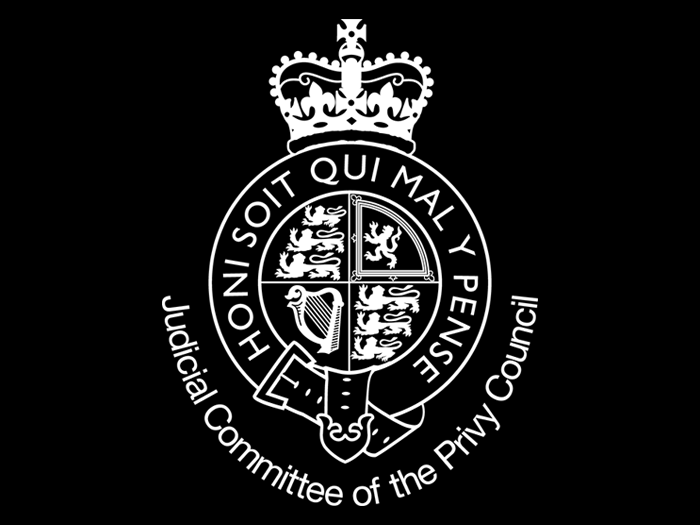The Privy Council’s decision in Sian Participation has reaffirmed the position of BVI Courts regarding the interplay of insolvency law and arbitration in the context of the Court’s exercise of its discretion to stay or dismiss liquidation applications in the face of an agreement to arbitrate disputes. The Privy Council has emphasised that its decision is not “anti-arbitration” but rather a reaffirmation of the requirement to demonstrate a “genuine and substantial dispute”. In reality, this decision lends support to the pro-arbitration agenda because, as the Board pointed out, a party is much more likely agree to include an arbitration clause if it does not impede a liquidation where there is no genuine or substantial dispute about the debt. Where such a dispute exists, then arbitration will prevail as the means of resolution.
[1] [2015] 1 Ch 589 (8 December 2014).
[2] BVIHCMAP 2014/0006 and 2014/0017, unreported, 15 September 2015. A case decided under the (BVI) Arbitration Ordinance 1976.
[3] BVIHCMAP 2014/0025 and 2015/003, unreported, 8 December 2015. The first BVI case decided under the (BVI) Arbitration Act 2014 which came into force in the BVI on 1 October 2014.
[4] BVIHCMAP 2014/0025 and 2015/003, unreported, 8 December 2015. The first BVI case decided under the (BVI) Arbitration Act 2014 which came into force in the BVI on 1 October 2014.
[5] [2016] UKSC 43 (20 July 2016).



